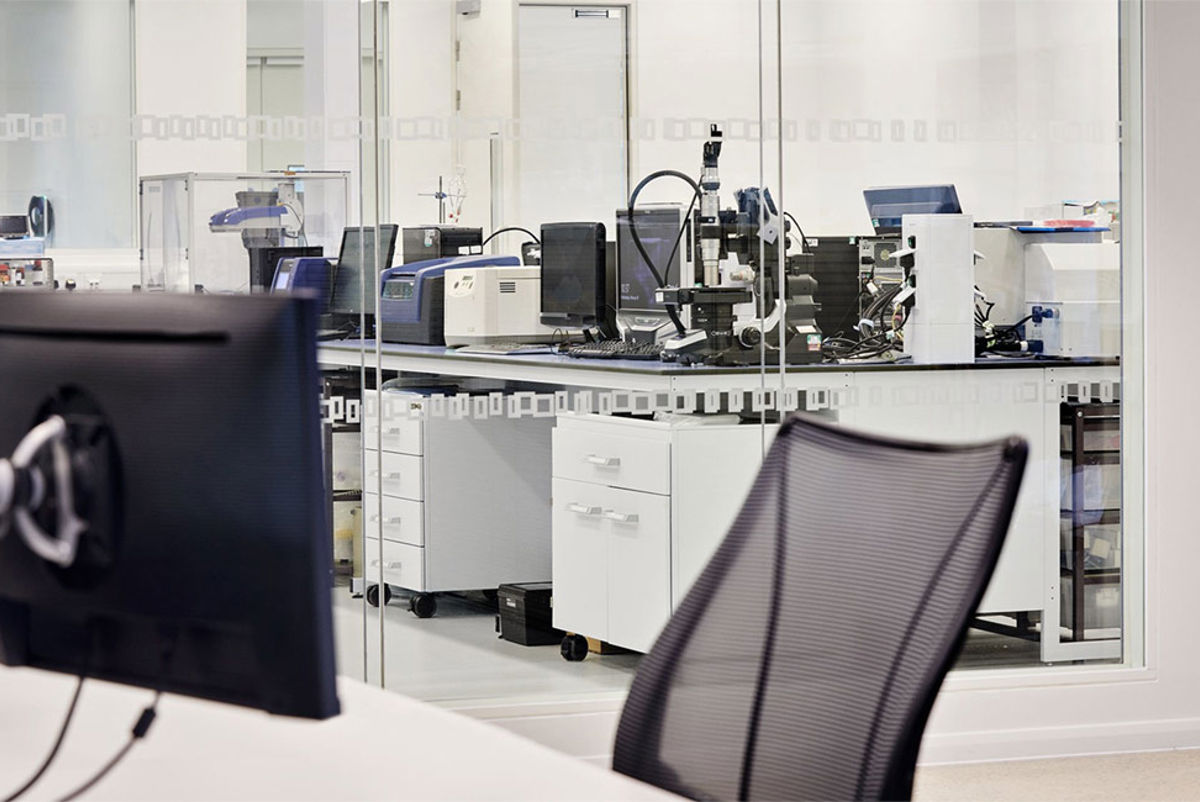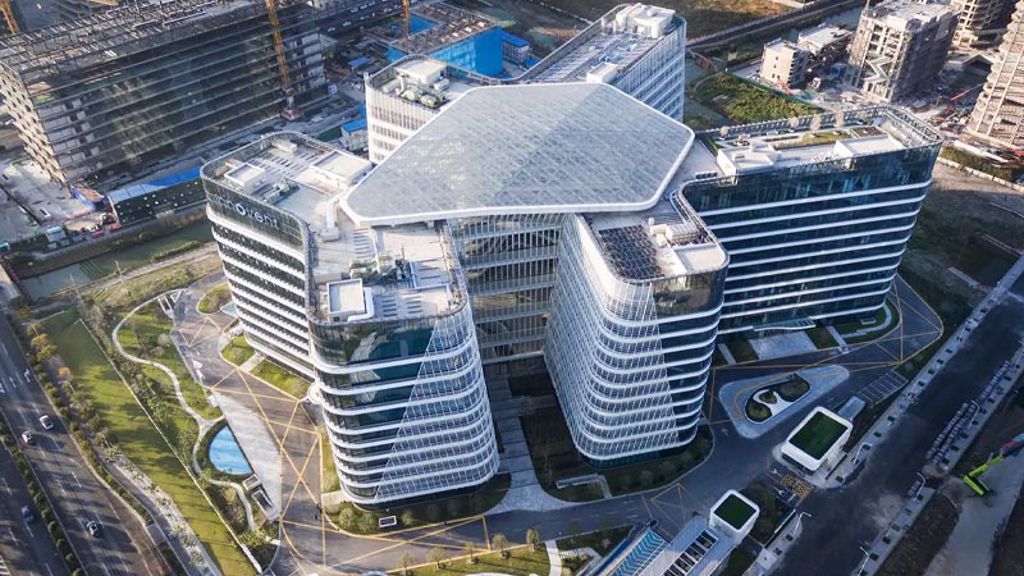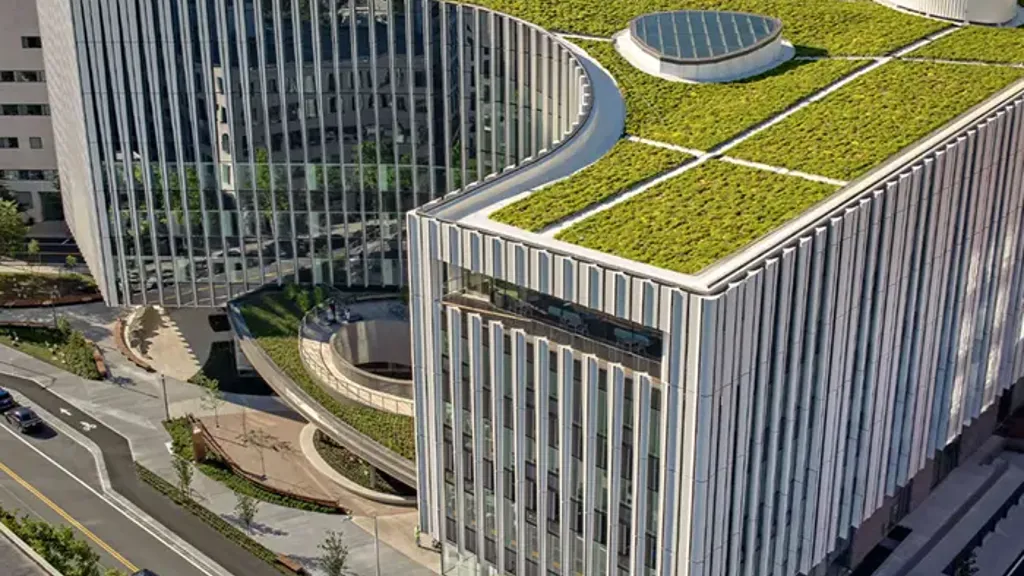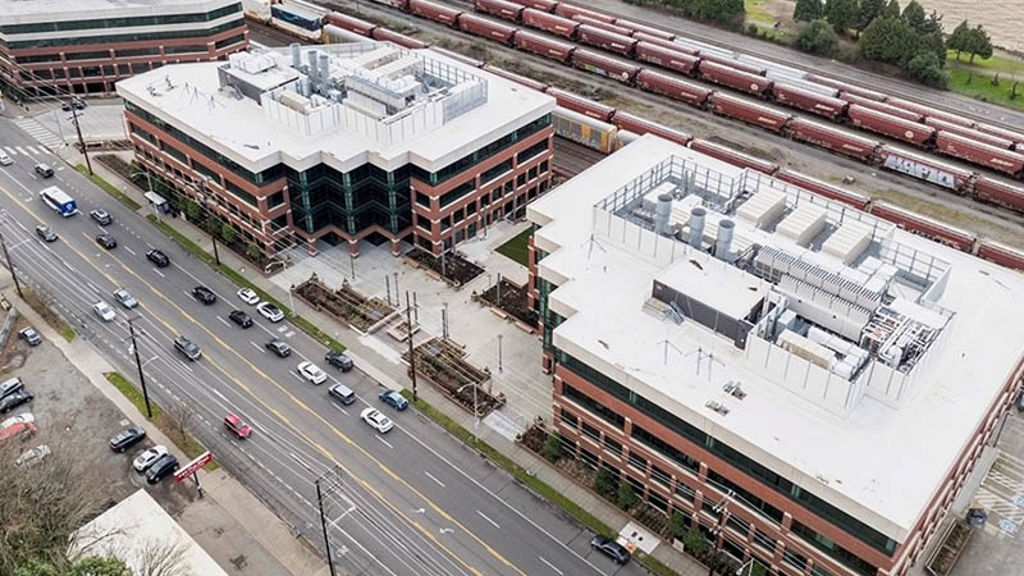Flexibility and adaptability for life science facilities
Change is inevitable over the lifespan of pharmaceutical and life sciences facilities. Our teams help prepare projects for the future by making their design and operation flexible and adaptable.

Life sciences facilities often include diverse spaces under one roof, from clean rooms to dry process areas; laboratories to offices, production, warehousing and more. Such diverse functions require flexibility be built into a project’s design.
Design plays a pivotal role in creating an adaptable environment. Layout and flow optimisation can minimise congestion, reducing material movement, and decreasing contamination risks. Arup advises on zoning based on functionality to prevent interference and maintains health and safety regulations. Our approach also includes the use of modular spaces, to ensure they evolve to meet changing needs.
Successful change management is central to long-term success, and an important part of that is the significance of logistics and utility distribution. We help clients examine their chain and ensure adaptability in raw materials, energy supply, utility systems, packaging, storage, security, and fulfilment. Our 'health check' diagnostic tool offers a comprehensive view of the entire chain, ensuring resilience and adaptability to evolving requirements.
At Arup we use Lean Integrated Project Delivery (Lean-IPD) to join together the design, fabrication and construction of a project, which optimises processes and the movement of resources within spaces, emphasising flexibility, adaptability, and futureproofing. This approach ensures life sciences production facilities are efficiently designed for the present, while remaining adaptable to future changes, fostering success in a dynamic industry.
Successful project management is key to creating an environment where innovation can thrive. When Procter & Gamble (P&G) set out to design, procure, and construct a new research and development (R&D) facility on its existing campus in Reading, UK, finding an effective methodology that would improve the experience and outcomes throughout the construction process was critical.
Reflecting on many key approaches to construction, Lean Integrated Project Delivery (Lean-IPD) was identified as the optimal solution. In comparison to traditional approaches, the model incentivises collaboration between all parties to drive efficiencies and productivity.
P&G appointed Arup as its key advisor throughout construction to help directly engage with contractors, designers and statutory authorities. Our team of project management and technical specialists ensured Lean-IPD methodology was adopted by all parties from the outset. The result was an innovative environment for all stakeholders that focused on the client needs and the delivery of a facility that supports the talents of our scientists – both now and in the future.
he project teams were committed to substantial cost savings by cooperating closely to expel waste in the design and site operations. Shortening the construction duration equated to instant preliminary savings; review of scope and material choices provided further cost reductions, reviewing site processes and procedures and rectifying construction mistakes in a collaborative manner. Profit percentages were set from the beginning which meant team members were motivated to think in terms of what is ‘best for the project’, as opposed to ‘best for their company’. This helped drive creativity, innovation and control cost.
Get in touch with our team
Explore
Find out more about how our services can support you:
Projects
Explore more science projects

Shaping the future of research environment
Innovent Biologics Global R&D Center, Mainland China

A space for life-saving research
Ragon Institute, United States of America

Designing high-performance laboratory infrastructure to foster research collaboration
Pacific Northwest National Laboratory Grid Storage Launchpad (GSL), United States of America

Employing adaptive reuse to support Seattle’s growing life sciences industry
Unison Elliott Bay, United States of America
Life sciences
At Arup, we approach life science projects with innovation, meticulous problem-solving and diligence, all underpinned by a commitment to sustainability.

